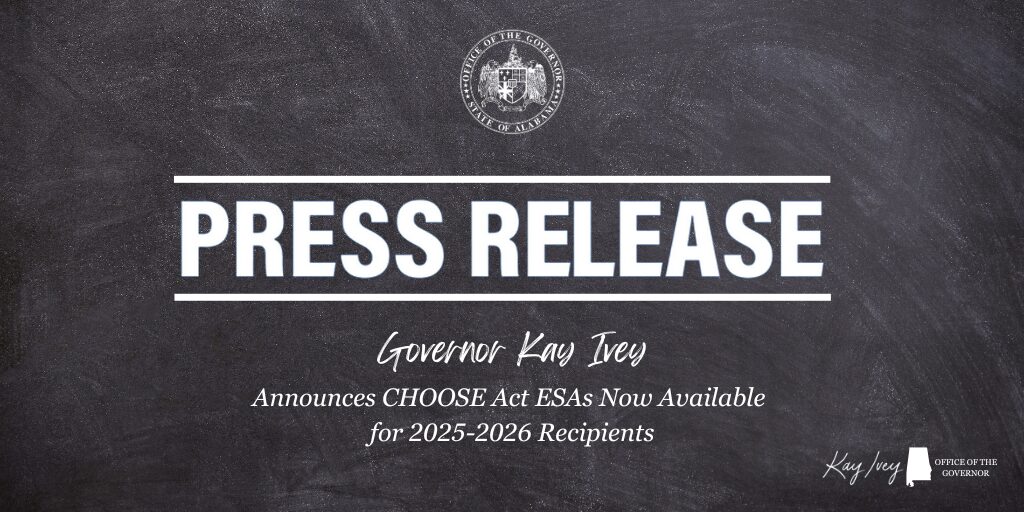 iStock/Thinkstock(MOSUL, Iraq) — Iraqi Prime Minister Haider al-Abadi has declared victory in Mosul over ISIS, roughly three years after the group took control over the city and 10 months after his country launched an operation to retake the area.
iStock/Thinkstock(MOSUL, Iraq) — Iraqi Prime Minister Haider al-Abadi has declared victory in Mosul over ISIS, roughly three years after the group took control over the city and 10 months after his country launched an operation to retake the area.
Troops from Iraqi Special Forces marked the victory by planting the Iraqi flag on the bank of the Tigris River.
Al-Abadi first proclaimed victory on Twitter, and released a photo of himself shaking hands with an officer in the Iraqi military shortly after having touched down there.
“PM Al-Abadi arrives in Mosul to announce its liberation and congratulate the armed forces and Iraqi people on this victory,” a description of the photo said.
PM Al-Abadi arrives in Mosul to announce its liberation and congratulate the armed forces and Iraqi people on this victory pic.twitter.com/bUtkj7z88A
— Haider Al-Abadi (@HaiderAlAbadi) July 9, 2017
Officials appear to be in concert regarding the much-anticipated declaration.
Lt. Gen. Jassim Nizal of the army’s 9th Division also announced that his forces achieved “victory” in their sector, prior to the arrival of Al-Abadi.
ISIS beaten, but not gone
Iraq launched the operation to retake Mosul from ISIS in October.
ISIS holdouts in western Iraq and Syria, as well as a number of other countries, may continue to attack and bomb targets in the city after Sunday’s declaration of victory, according to ABC News’ analysis.
Meanwhile, fighting goes on in the Syrian city of Raqqa, the de facto capital of the ISIS caliphate.
The Syrian Democratic Forces (SDF), which are trained, equipped and backed by the U.S., have entered Raqqa from a number of sides. The group, mostly composed of members of a group known as the People’s Protection Units (YPG), is a mix of Arabs and Kurds.
The YPG has been fighting ISIS for years, and is now considered a battle-hardened opponent.
Based solely on Raqqa’s physical makeup, defeating ISIS there will likely be easier to accomplish than it was in Mosul, according to ABC News’ analysis, and there is far less terrain to cover in the city.
A humanitarian crisis goes on
For now, the ongoing humanitarian crisis is affecting the survivors of both the fighting and occupation that took place in Mosul.
Many Mosul residents are traumatized, and the scene bears similarities to what happened to Dresden at the end of World War II, when allied forces ousted the Nazis from Germany, according to ABC News’ reporters on the ground.
ISIS fighters sometimes charge improbable rates for necessities, such as the equivalent of $6 for a bottle of water and $80 for a package of crackers, an escapee from the city told ABC News last week.
Copyright © 2017, ABC Radio. All rights reserved.




